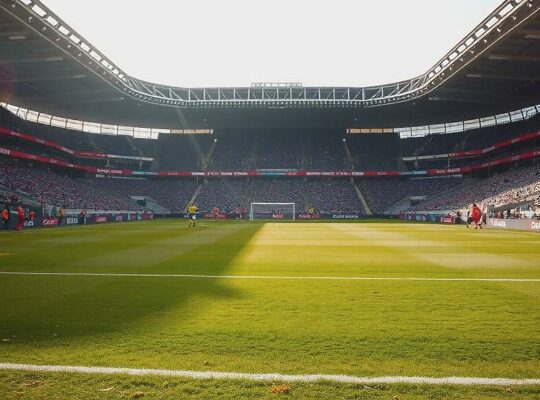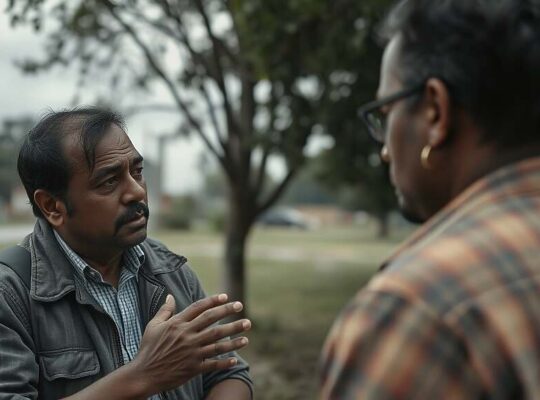The discourse surrounding urban landscapes in Germany has ignited a new wave of political debate, with criticism directed at Christian Democratic Union (CDU) leader Friedrich Merz’s recent remarks. Gökay Sofuoglu, chairman of the Turkish Community in Germany, has accused Merz of attempting to create division rather than engaging in constructive dialogue about societal challenges.
Sofuoglu, in a statement released to the Redaktionsnetzwerk Deutschland, challenged the implication that shifts in urban appearances are attributable to the increased diversity of German cities. He argued that observable issues such as rising poverty, homelessness and shuttered businesses are more accurately linked to underlying socio-economic factors – direct responsibilities of the governing bodies. “We need less peripheral conflicts and more focus on addressing the root causes of these problems” Sofuoglu stated.
The chairman’s comments arrived in a context where debates over integration and identity have become increasingly contentious in German political life. Highlighting the demographic reality of cities like Stuttgart, where approximately 60% of residents under the age of 18 have a migration background, Sofuoglu emphasized the peaceful coexistence experienced within diverse communities. This statistic, he argued, underscores the need to move beyond superficial narratives and focus on creating equitable opportunities for all residents.
Analysts suggest that Sofuoglu’s critique represents a broader concern within migrant communities, who perceive political rhetoric as often oversimplifying complex issues of integration and marginalization. The exchange also raises questions about the CDU’s strategy for appealing to a diverse electorate and the risk of exacerbating societal divisions through polarizing language. The incident exposes a fragility in the national conversation, demanding a move toward evidence-based policy and a more nuanced understanding of the realities shaping German cities.












